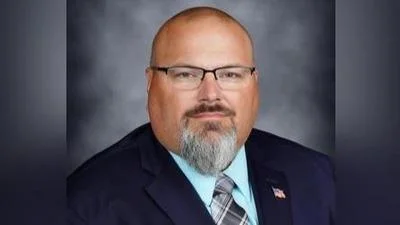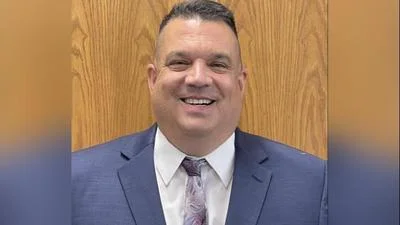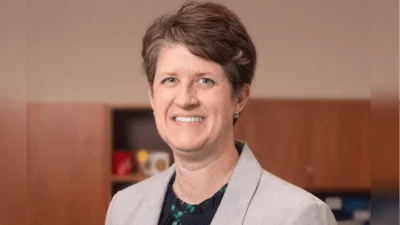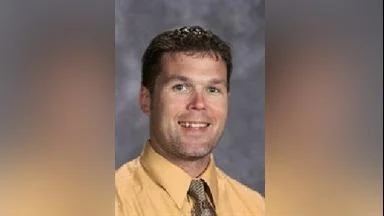Romaine Quinn Wisconsin State Senator (District 25) | Romaine Quinn Wisconsin State Senator (District 25)
Romaine Quinn Wisconsin State Senator (District 25) | Romaine Quinn Wisconsin State Senator (District 25)
According to the Wisconsin State Legislature's official website, the bill was described as follows: "changes to the low-income housing tax credit. (FE)".
The following is our breakdown, based on the actual bill text, and may include interpretation to clarify its provisions.
In essence, this bill amends and updates statutes related to Wisconsin's low-income housing tax credit program to focus on supporting rural areas. It requires the Wisconsin Housing and Economic Development Authority (WHEDA) to ensure that, if possible, at least 35% of the tax credits allocated annually benefit qualified low-income housing projects in rural parts of the state. It also removes the requirement that these housing projects must be financed with tax-exempt bonds. Additionally, the bill makes technical changes to allow insurers who are partners, members, or shareholders in various business entities to claim credits based on eligible costs incurred. The amendments first apply to taxable years starting after Dec. 31, 2024, with further implementations effective Jan. 1, 2025.
The bill was co-authored by Representative David Armstrong (Republican-67th District), Senator Tim Carpenter (Democrat-3rd District), Senator Kristin Dassler-Alfheim (Democrat-18th District), Senator Jodi Habush Sinykin (Democrat-8th District), Senator Sarah Keyeski (Democrat-14th District). It was co-sponsored by Representative Mike Bare (Democrat-80th District), Representative Russell Goodwin (Democrat-12th District), and Representative Chanz J. Green (Republican-74th District), along 13 other co-sponsors.
Romaine Robert Quinn has authored or co-authored another 25 bills since the beginning of the 2025 session, with none of them being enacted.
Quinn graduated from the University of Wisconsin at Green Bay in 2014 with a BA.
Quinn, a Republican, was elected to the Wisconsin State Senate in 2023 to represent the state's 25th Senate district, replacing previous state senator Janet Bewley.
In Wisconsin, the legislative process starts when a senator, constituent, group, or agency proposes an idea for a bill. After drafting, the bill is introduced, numbered, and referred to a committee for review and public input. If approved, it moves through three readings and votes in both the Senate and Assembly. Once both chambers pass the same version, the bill goes to the governor, who can sign it, veto it, or let it become law without a signature. Only a small share of bills introduced each session ultimately become law. You can learn more about the Wisconsin legislative process here.
| Bill Number | Date Introduced | Short Description |
|---|---|---|
| SB178 | 04/03/2025 | Changes to the low-income housing tax credit. (FE) |
| SB176 | 04/03/2025 | An income and franchise tax exemption for broadband expansion grants and for federal high-cost program funding for broadband expansion. (FE) |
| SB173 | 04/03/2025 | Creating a rural creative economy development grant program. (FE) |
| SB172 | 04/03/2025 | Prohibiting filing or recording contracts for services or materials that do not improve real estate and providing a penalty. (FE) |
| SB166 | 03/27/2025 | Consumer data protection and providing a penalty. (FE) |
| SB158 | 03/27/2025 | County forest administration grant eligibility |
| SB119 | 03/07/2025 | Positions for the Office of School Safety. (FE) |
| SB56 | 02/21/2025 | The use of federal capitalization grant funds for lead service line replacement. (FE) |
| SB41 | 02/12/2025 | School safety grants and making an appropriation. (FE) |
| SB18 | 02/05/2025 | Changes to the educational assessment program and the school and school district accountability report. (FE) |






 Alerts Sign-up
Alerts Sign-up